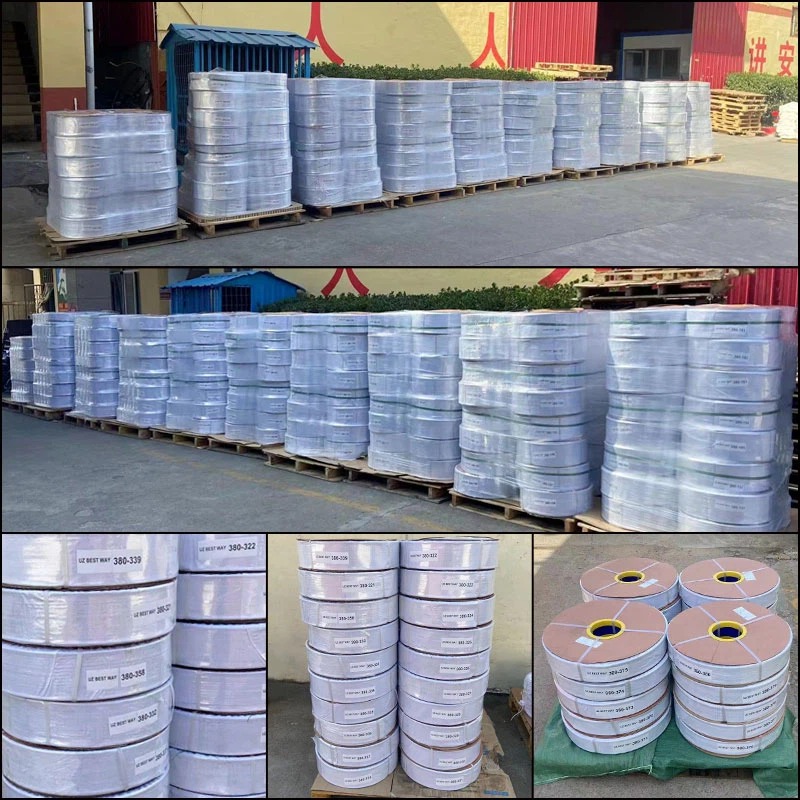Agriculture Drip Irrigation Pipe
Agriculture drip irrigation pipe is a highly efficient and cost-effective method of delivering water directly to the roots of crops, thereby promoting faster growth, higher yields, and reduced water consumption. This innovative technology is rapidly gaining popularity among farmers and growers around the world who are looking for reliable and sustainable ways to optimize their irrigation practices.
The benefits of agriculture drip irrigation pipe are numerous. First, it enables growers to apply water directly to the plant roots, minimizing water loss due to evaporation and runoff. This means that crops receive the exact amount of water they need, leading to optimal growth and development. Second, it saves water resources by reducing overall water usage, which is particularly important in regions with limited water supplies. Third, it reduces the risk of disease and pests by minimizing excess moisture on the plant leaves and stems. Finally, drip irrigation is a low-maintenance system that requires minimal labor and can be easily automated, allowing farmers to focus on other aspects of crop production.
Another advantage of agricultural drip irrigation pipe is its versatility. It can be used for a wide variety of crops, including fruits, vegetables, ornamental plants, and even trees. It can also be adapted to different soil types and topographies, making it suitable for a range of farming systems, from large-scale commercial operations to small-scale family farms.
In addition, agriculture drip irrigation pipe is an environmentally friendly technology. It reduces the use of pesticides and fertilizers by targeting the water directly to the roots of the plants. It also minimizes soil erosion and runoff, which can help preserve soil health and fertility over time. Moreover, since it requires less water, it can help conserve water resources and reduce the energy required for water pumping and distribution.
Overall, agricultural drip irrigation pipe is a positive and transformative technology that can help farmers grow more food with less water, reduce their environmental footprint, and improve their profitability. Its benefits are numerous and its potential is vast, making it a promising solution for sustainable agriculture in the 21st century.




